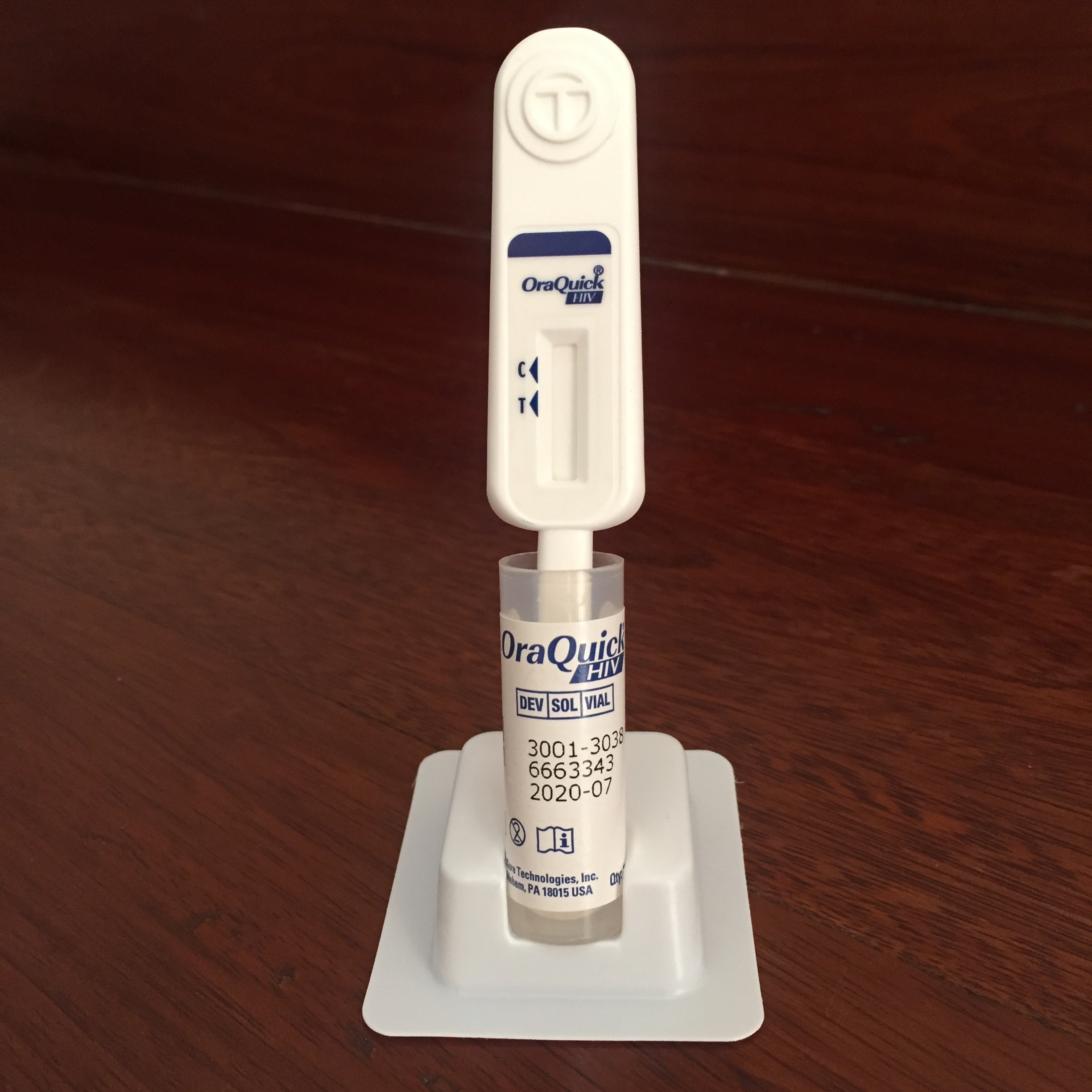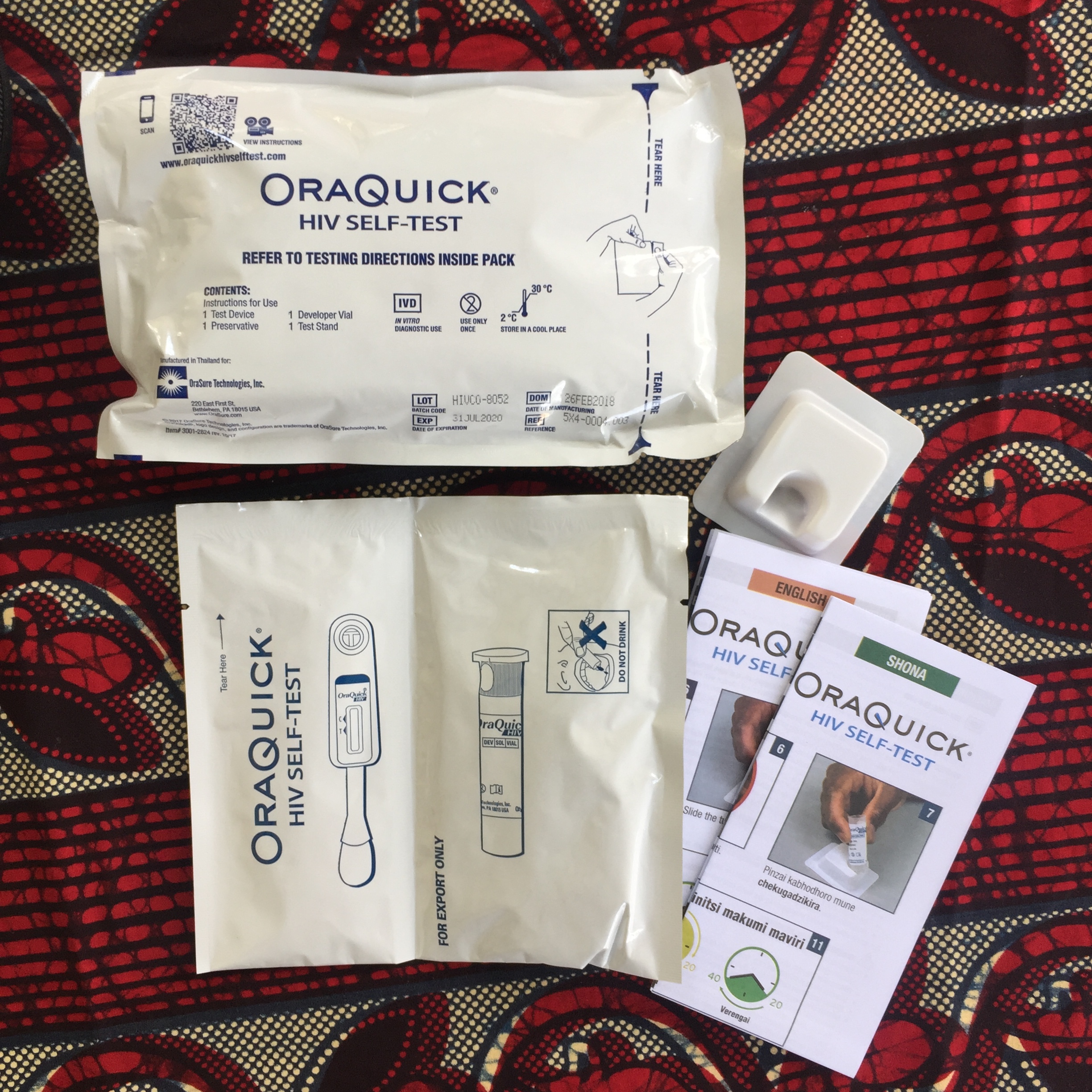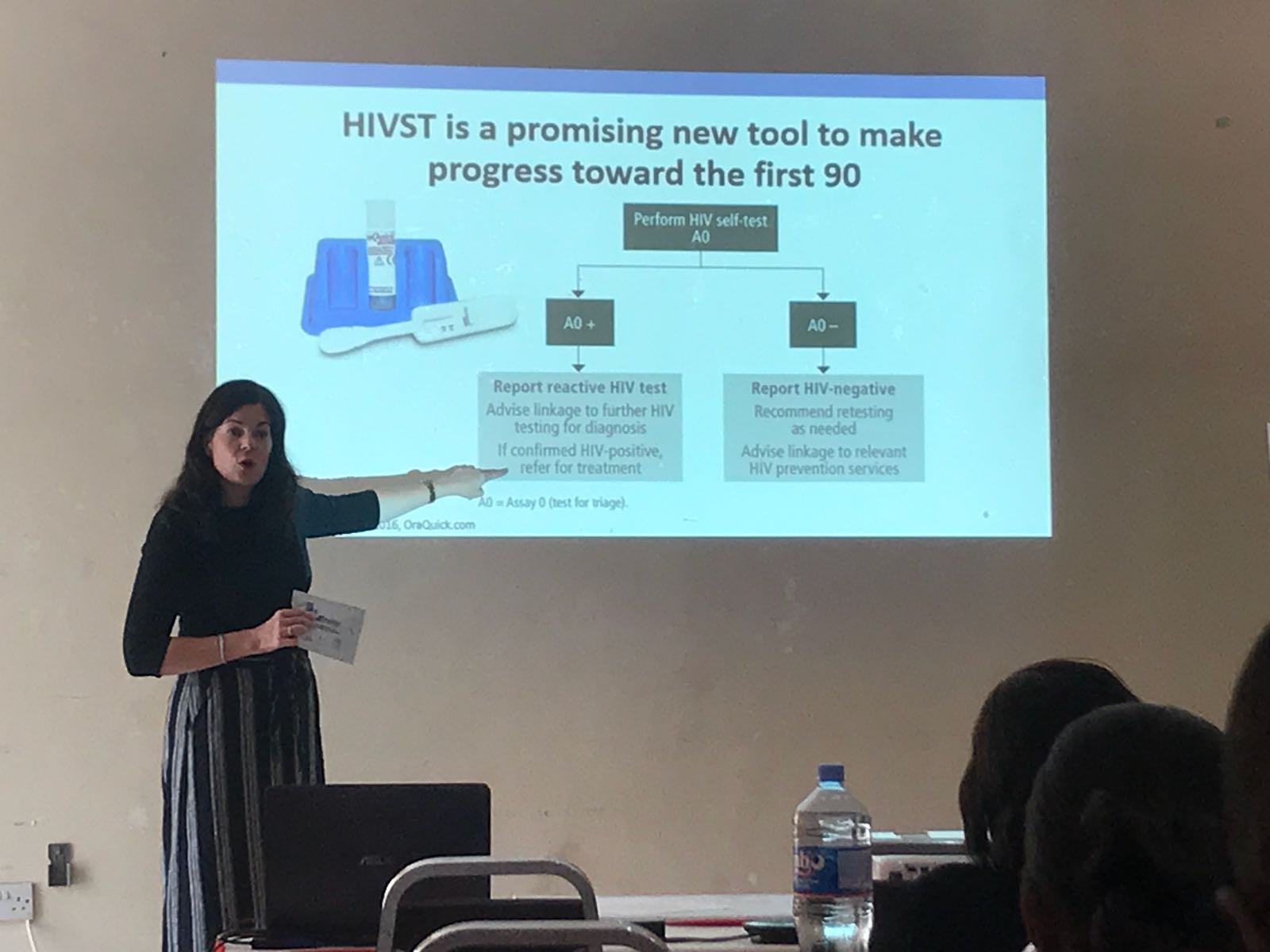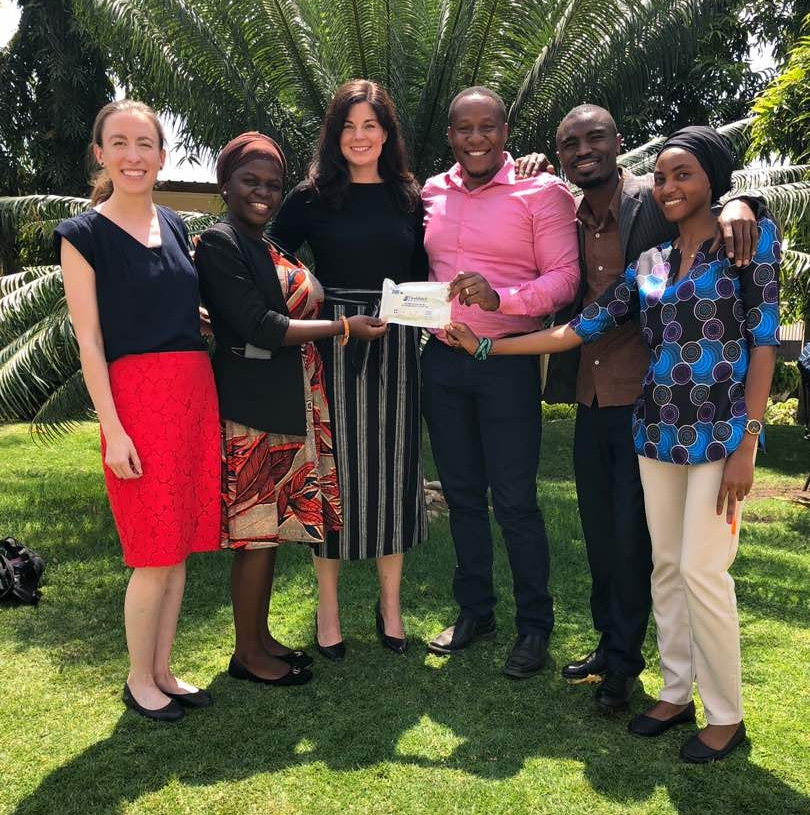





Adolescent girls and young women (ages 15-24) in sub-Saharan Africa face the dual threats of HIV infection and unintended pregnancy that severely undermine their long-term wellbeing. However, despite the urgent need to reach young women with sexual and reproductive health services, health systems are often ill equipped to overcome the numerous barriers to health care services faced by young women. Our team, including Dr. Jenny Liu (UCSF), Dr. Sue Napierala (RTI International), and Dr. Prosper Njau (Health for a Prosperous Nation), is embarking on a new NIH-funded project to address this need in Tanzania.
We will develop 'girl-friendly' drug shops (known as Accredited Drug Dispensing Outlets, or ADDOs, in Tanzania) as a venue where young women can access HIV prevention services and contraception. The motivation for this approach is the growing recognition that drug shops, which are widely located in urban and rural settings, can promote beneficial health behaviors, bridge gaps in health services, and mitigate health workforce shortages. Similar to our previous projects, we will use human centered design to select and refine the best solutions from behavioral economics to optimize the girl-friendly approach.
We will evaluate these approaches in a pilot study in 20 drug girl-friendly drug shops. We will measure whether there is demand for contraception and HIV self-tests and whether drug shops are a suitable venue for their distribution. We will also provide linkages to local health care providers in case a young woman requires a clinical evaluation (e.g., for HIV infection). Our long term goal is to provide guidance to the government and scientific community about whether community-based distribution of HIV testing at drug shops is an effective strategy for decreasing the incidence of HIV and unintended pregnancies among girls and young women. Read more about the NIH-funded project here.